John Trainor says sponsors are moving away from being the biggest, to being the best.
John Trainor, MD of Onside Sponsorship, explains to John McGee why the Irish market is a valuable hunting ground for brands
Worth an estimated €158m a year, the Irish sponsorship industry provides a much needed financial lifeline to a wide variety of sporting, cultural and educational organisations the length and breadth of Ireland.
According to John Trainor, managing director of Onside Sponsorship, one of the top sponsorship consultants, the market is also a valuable hunting ground for brands as they re-evaluate their marketing spend and the channels through which it is invested.
Depending on the brand, sponsorship activity can take up a sizeable chunk of a marketing budget, says Trainor.
"At present, sponsorship represents around 18pc of spend on marketing and this is growing. It is growing because sponsorship can deliver on both retention and recruitment strategies for brands," says Trainor.
"Sponsors see sponsorship as an ideal vehicle to build familiarity around their brands, which in turn generates trust and ultimately advocacy, where people begin marketing your brand for you through the highly valued source of word of mouth."
While the sponsorship market in Ireland did suffer during the recent economic downturn, it has bounced back to pre-recession levels.
"Ireland is at its strongest point in a decade in terms of investment levels and sentiment of brands regarding its overall potential. Compared to the start of the decade, twice as many brands are planning to increase their spend on sponsorship, with overall growth of 5pc expected this year," he says.
Now 11 years in business, Onside's work in the sponsorship arena feeds into over €50m of sponsorship investment across Ireland and Europe for companies like Diageo, Vodafone and Bord Gais Energy, while it also works on some landmark sponsorship programmes that involve some of Ireland's biggest sports teams, venues and events.
Gone are the days, however, when a brand simply put up some cash, slapped its logo on a sponsorship initiative, issued a press release and received a corporate box or a pre-arranged number of tickets to an event as part of the deal.
"Sponsorship is not just about acquiring marketing assets, and businesses and brands that see it this way are thinking too small. The opportunity to use sponsorship to play a role beyond brand briefs is often untapped in the market and the groundbreakers of our industry are thinking beyond brand awareness and thinking commercial," says Trainor.
As it is with other marketing-related areas, sponsorship is being increasingly subjected to greater accountability in terms of the return in investment. One of the big industry opportunities that will help unlock this lies in data, says Trainor.
"Data will be the game changer for how rights holders grow their revenues and sponsors take sponsorship beyond brand building and into proven commercial outcomes," he says.
"Taking advantage of technology in sponsorship is still in the early stages in Ireland and partnerships built on a strong data-driven approach will grow fastest and last longest. MasterCard, for example, acquired five data analytics companies to develop proprietary analytics and invest in big data, and its famous 'Priceless' sponsorships work because they have this engine. Future sponsorship agreements will see 'access to databases or customer data' as more than a couple of lines in a contract," he says.
But there are also a number of other factors at play.
"There are a number of change-drivers that are creating an overarching influence on how sponsorship is playing out. The much-talked about millennials are big fans of sponsorship and businesses are buying into the increasing role of sponsorship specifically to connect with this group.
"They are more into intangibles than things, and where experiences matter more than things, sponsorship is in pole position to fulfil this need. While this group is easy to reach, they are hard to engage, and sponsorship activations are being rebalanced to play to this reality through the provision of 'money can't buy' experiences and rewards," says Trainor.
"We are also seeing a marked revamp of what matters to sponsors with content being far more important, as well as an increasing focus on rights and a 'purposeful' strand to the partnerships."
He also points out that sponsors are also looking to move from trying to be the biggest to trying to be the best.
"It is not going to be any longer about who writes the biggest sponsorship fee. The big challenge here is the success of their activation strategy. A downward trend in terms of the ratio of rights fees to activation investment - with industry averages of 64 cents spent on activation for every euro investment in sponsorship - would be a concern. However, the smart sponsors will get the formula right by investing in data to forensically inform this aspect of their sponsorship strategy," he says
With the world of international sport suffering from wave after wave of scandal over the past two years, sponsors need to take stock, says Trainor.
"The disruption it has caused has helped sponsorship smarten up accordingly. For certain sponsors, it has led to seeking fresh ways of doing sports sponsorship, including the marked increase in sponsors' spotlight on Women in Sport, as well as the creation of next generation sports models such as e-sports. But sponsors need to be confident that their values are aligned and that any deviation from the agreement, the sponsors have serious protection," he concludes.


